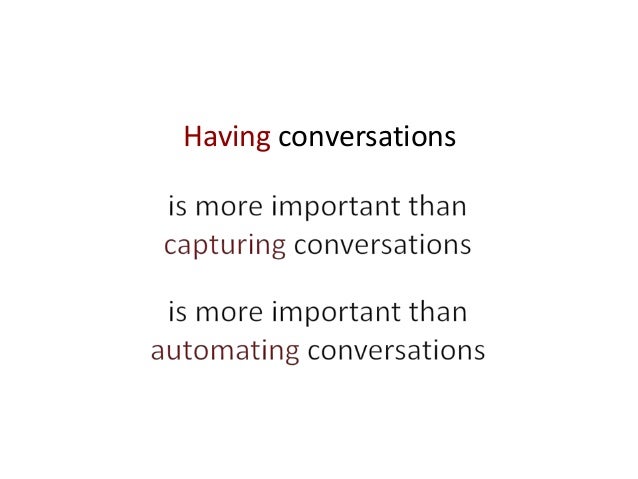Years ago I read a lot of blog posts about BDD and was intrigued to experience it myself. When starting in my current team, I began to spread my thoughts about trying BDD to see if this approach would help us. It took quite a while, but finally the team agreed to give it a try.
So here we are. We started experimenting with BDD and had our first Three Amigo sessions to kick our stories off and create shared understanding before starting implementation. We had our product owner on board, the developer who pulled the story, and me as a tester. We talked about the scenarios we see and discussed concrete examples. We raised questions and discovered unknowns. We decided what's in scope and what might follow later or never. We captured our thoughts as conveniently as possible, be it using Gherkin's Given-When-Then syntax for scenarios or any suitable graphical visualization. We decided on which scenarios to automate, on which level to automate them (mocked, through API, or through UI), and which scenarios to leave for manual exploration only.
Right after our first Three Amigo session, the developer told me how much she loved it. Now that we clarified everything we could think of at that point, she felt confident to be able to focus on implementation, without having lots of question marks on product side. She even said she wanted to do this on all stories from now on. As for myself, I could not agree more. I felt that the biggest part of testing had already been done. As most of my questions were already clarified, I could focus on looking for further unknown risks when testing the actual product increment.
Our experiments triggered me to read about BDD again. I found several awesome blog posts, all emphasizing how important having those initial conversations are to create shared understanding by discussing examples and therefore to drive development. All of them stated that automation is nice to have, but that this is not the main point of BDD. Of course, when you automate the discussed core scenarios, you also have an executable specification, improved your regression safety net, and added living documentation. Still, Augusto “Gus” Evangelisti concludes for himself:
"BDD is about conversations and collaboration to generate software that matters"Liz Keogh even goes beyond software:
"I can’t even say that BDD’s about “writing software that matters” any more, because I’ve been using scenarios to explore life for a while now."
"BDD is the art of using examples in conversation to illustrate behaviour."
"If you’re not having conversations, you’re not doing BDD."
"BDD isn’t about the tools. It’s about the conversations you have, exploring examples (or scenarios) of an application’s behaviour, to see if everyone has the right understanding."
"Some people really focus on the tools and testing. Others focus on specification. Really, though, it’s exploration that we start with; those thought-experiments that are cheap to change, and not nearly as dangerous as the real thing. [...] It’s pretty easy to explore what they want using examples, then use the results of that conversation as specifications, then as tests."Having those quotes in mind, can we call our team's first steps with BDD actually BDD? I guess yes, but I think we have to gain more experience before I can truly answer this question for myself. However, I already know that having those conversations upfront to increase shared understanding, explore stories and clarify questions helped us a lot to deliver actual value to our users. It was worth investing the time and it will be worth asking again: "Can you give me an example?"

Nice post. It reminded me of my BDD journey and interesting thing is I was doing my BDD experience around the same time as you :)
ReplyDeleteThank you! :) Great to hear. Unfortunately our journey did not continue as far as I'd like it to. Hope it only took a break, will try to get it going it again.
Delete